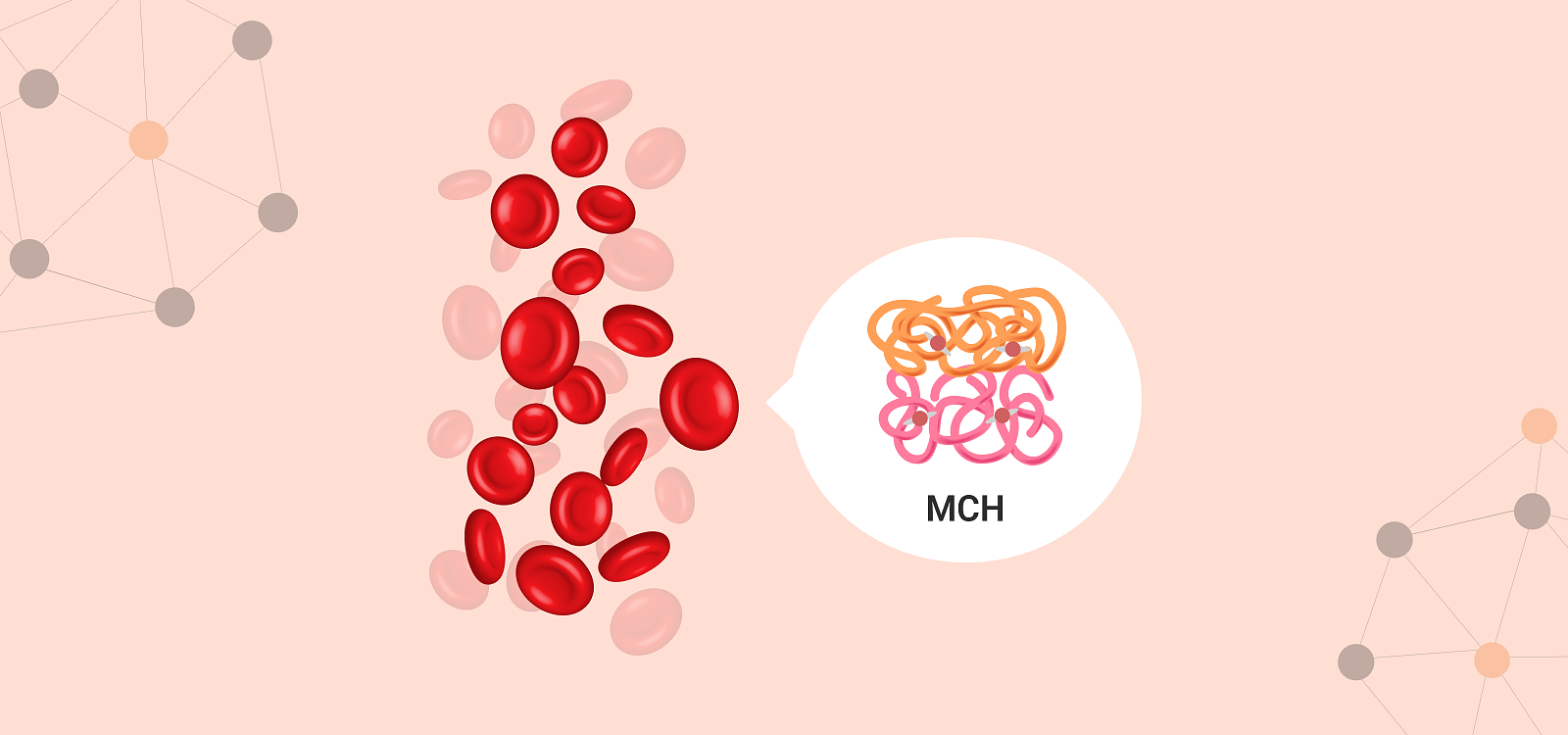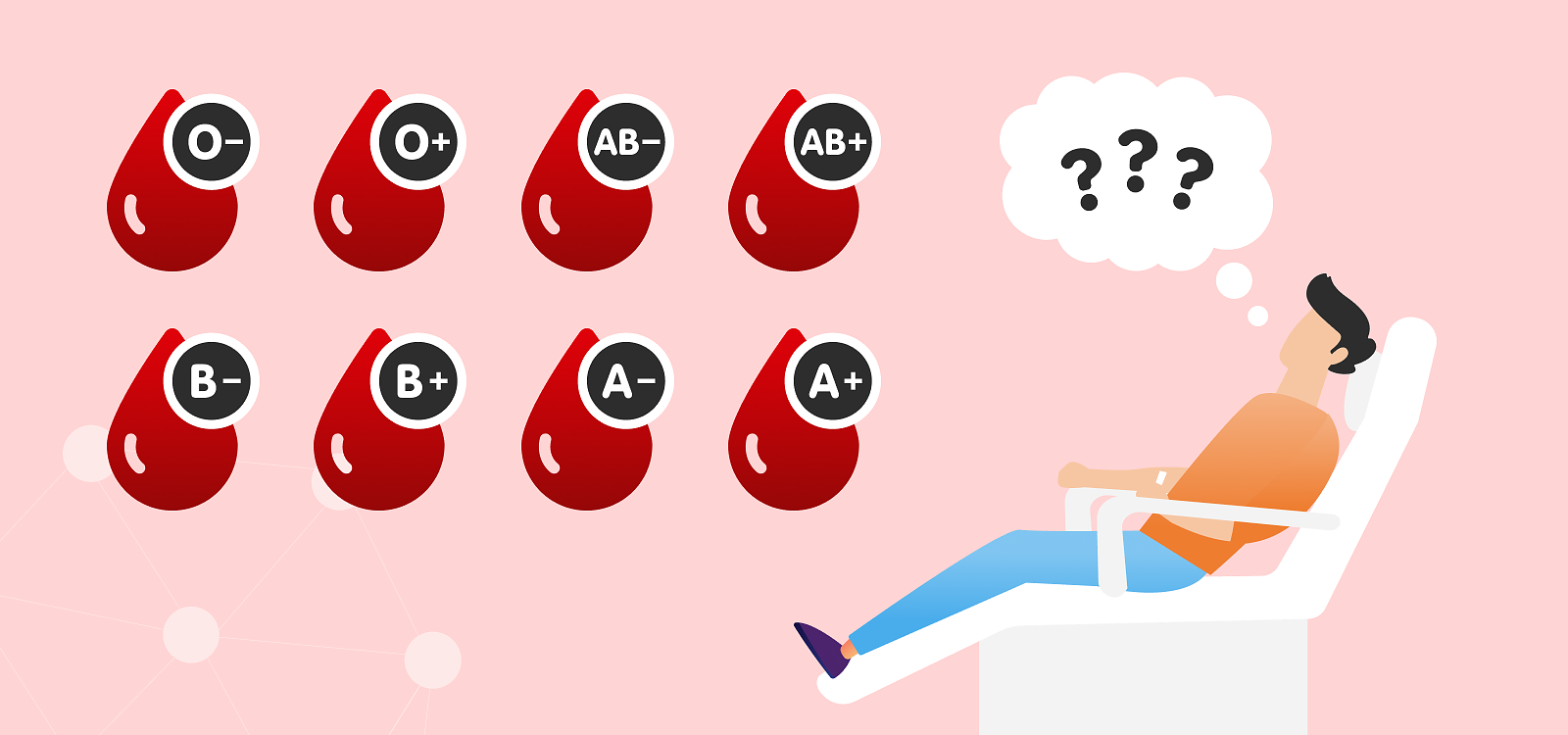Parameter Tuesday: MCH
MCH, or mean corpuscular hemoglobin, is a test that measures the average amount of hemoglobin in your red blood cells. Hemoglobin is a protein in your red blood cells whose main role is to carry oxygen from the lungs to the tissues and to transport carbon dioxide from the tissues back to the lungs.
MCH is one of the standard tests measured in a complete blood count (CBC) test. It is associated with anemia and lung or kidney disease. The MCV (mean corpuscular volume) test alone is not used to confirm any diagnosis. However, it helps doctors make a diagnosis when its value is considered with other test results and symptoms.
MCH is a calculation of the amount of hemoglobin in a specific amount of blood and this is divided by the number of red blood cells that are present. MCH results are tightly connected to MCV results. Bigger red blood cells usually contain more hemoglobin than smaller ones.
Elevated levels of MCH mean that the amount of hemoglobin per red blood cell is increased. A high MCH level is often associated with anemia which is normally caused by a lack of vitamin B12 and folate. These are needed to make red blood cells. MCH also rises in a disorder called macrocytic anemia in which your red blood cells are bigger than normal. People with polycythemia vera, lung or kidney disease, and congenital heart defects also have elevated levels of MCH.
Decreased levels of MCH mean that the amount of hemoglobin per red blood cell is lower. Low MCH levels normally indicate iron deficiency anemia in which your body lacks iron which plays a big role in the production of hemoglobin. People with celiac disease, people who have had gastric surgery and can't absorb as much iron, as well as pregnant women and women with heavy menstruation, are prone to iron deficiency anemia and a low MCH level. Low MCH levels can also be present in people facing kidney or liver disease or a genetic disease called thalassemia, where the form of the produced hemoglobin is abnormal, resulting in the destruction of red blood cells.






